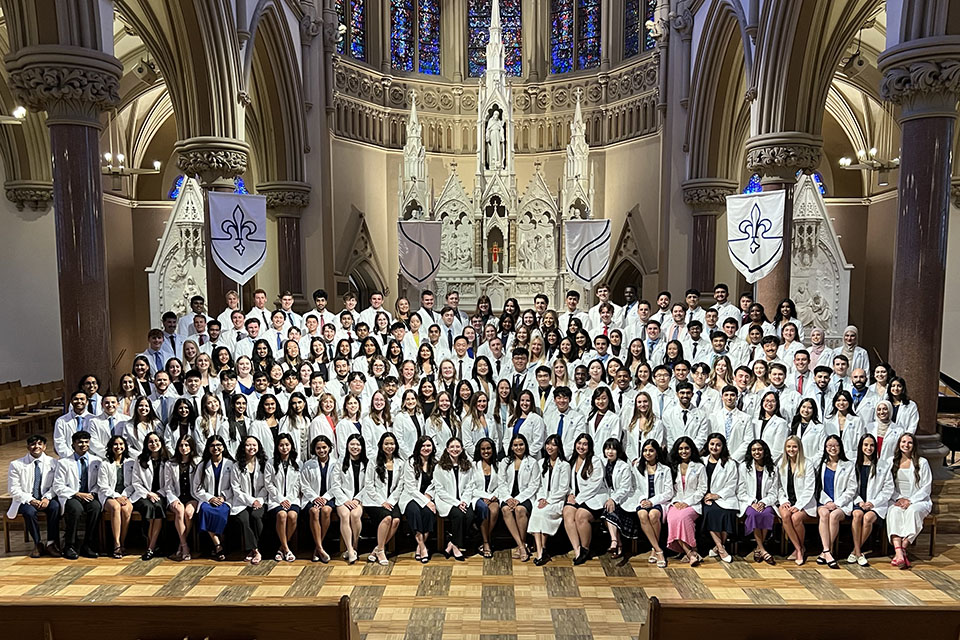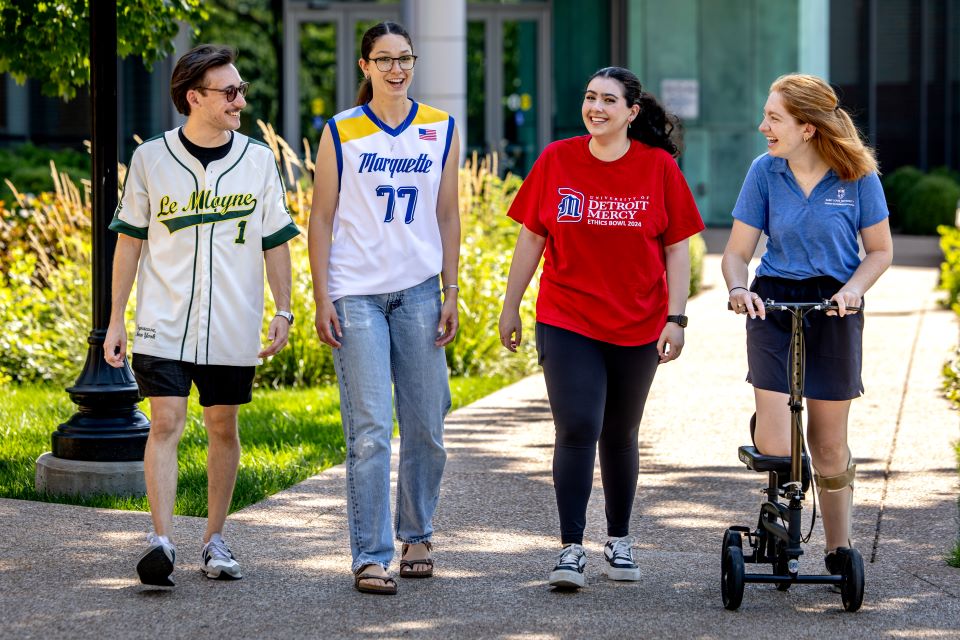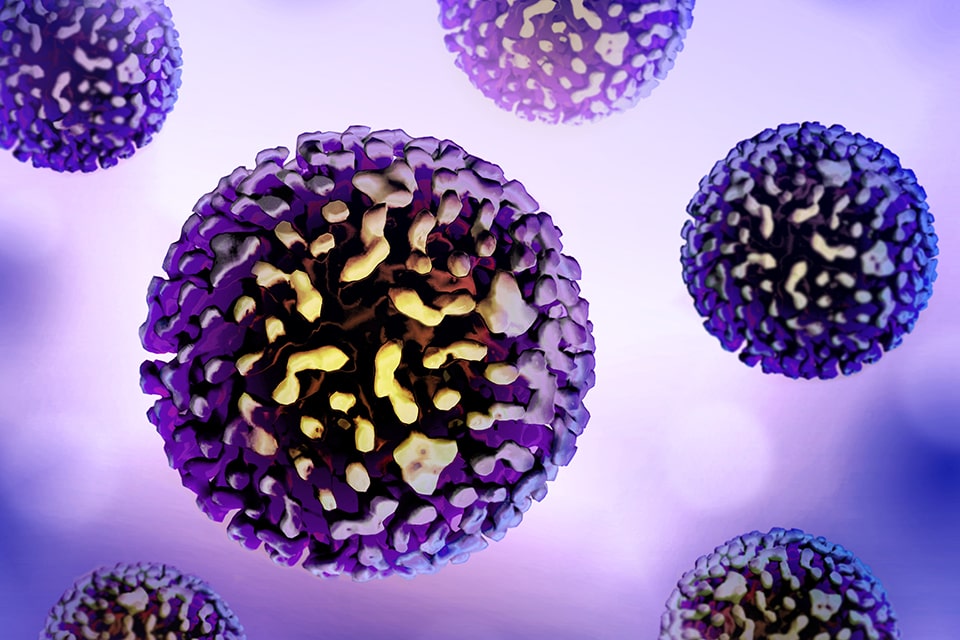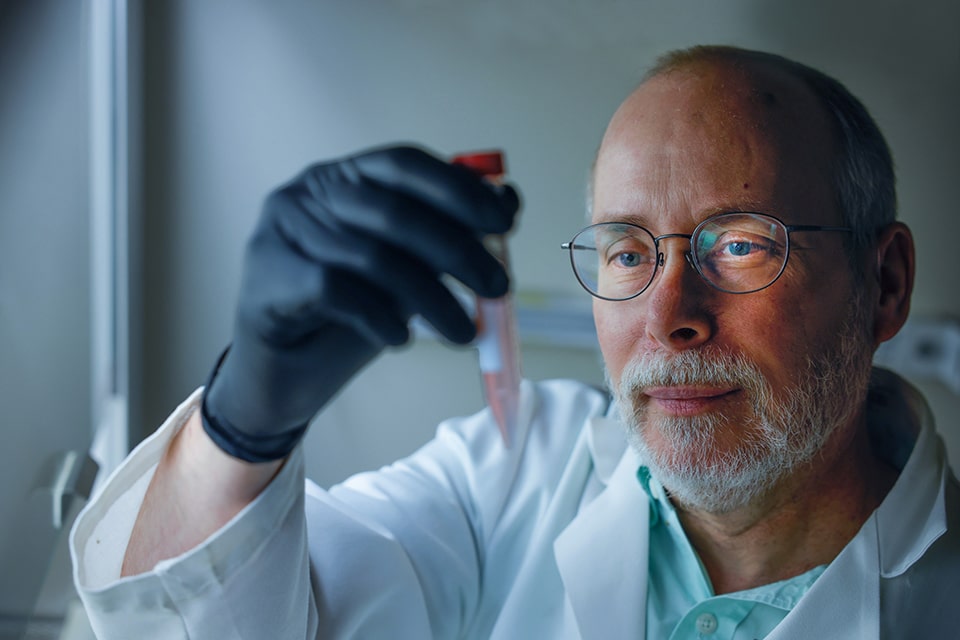SLU's Flying Billikens Taking Off for 2025 National Intercollegiate Flying Competition
ST. LOUIS - A team of aviation science students from Saint Louis University’s School of Science and Engineering are heading to Oshkosh, Wisconsin this weekend for the 2025 National Intercollegiate Flying Association Competition.
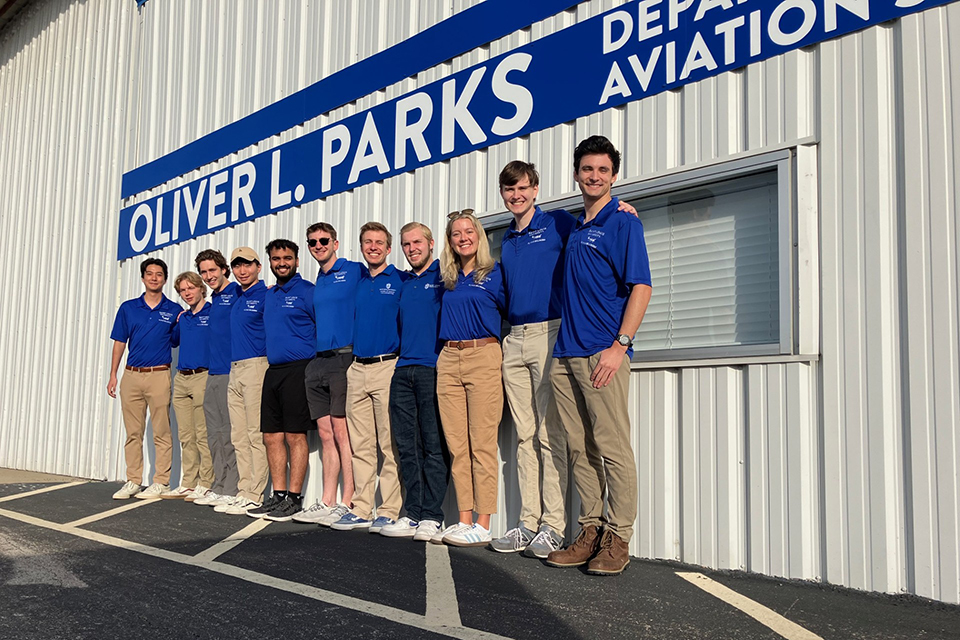
The 2025 Flying Billikens team will compete in the National Intercollegiate Flying Association competition. Submitted photo.
The Flying Billikens from SLU’s Oliver L. Parks Department of Aviation Science secured their national spot last fall in the Region VI SAFECON event.
“We’re very excited to have earned an invitation back to the national competition for another year in a row,” said coach Jack Schwarz. “This team loves the opportunity to develop their knowledge and skills, motivated by their competitive spirit, year-round — and this provides such a great opportunity for just that. We are proud to represent SLU at the highest level of collegiate aviation competition.”
SLU will be one of 30 teams competing in various aviation exercises. The nearly 400 competitors will be challenged in navigation, short-field landing, power-off landing, message drop, ground training, aircraft recognition, computer accuracy, and instrument flight rule events.
The Flying Billikens are led by executive board members Brendan Stoll, Sydney Nimerick and Sehwan Park. Additional competitors include Peter Belmonte, Finn Ceyssens, Harman Chauhan, Troy Ettenson, Jack Ingebretsen, Gavin Monthye, Gavin Nieters, Timothy Pipal and Xavier Supersad.
The National Intercollegiate Flying Association was formed to develop and advance aviation education; promote, encourage and foster aviation safety; promote and foster communications and cooperation between aviation students, educators, educational institutions and the aviation industry; and provide an arena for collegiate aviation competition.
The national competition will begin Monday, May 12, and run through Saturday, May 17.
About the School of Science and Engineering
Saint Louis University formed the School of Science and Engineering in 2022 to better meet the future needs of its students and faculty. The school brings together select departments from the College of Arts and Sciences — chemistry, computer science, earth and atmospheric sciences, and physics — with the former Parks College of Engineering, Aviation and Technology. To learn more about the School of Science and Engineering, visit slu.edu/science-and-engineering.
Latest Newslink
- SLU Welcomes 175 New Medical Students at White Coat CeremonySaint Louis University’s School of Medicine marked a pivotal milestone for 175 incoming medical students at its annual White Coat Ceremony. On Sunday, July 27, faculty, family, and friends convened at St. Francis Xavier College Church to honor the students' achievements and their forthcoming pledge to the medical profession.
- Saint Louis University Hosts National Jesuit Student Leadership ConferenceSaint Louis University hosted student government leaders from Jesuit colleges and universities on campus July 22-26. This was the first time SLU hosted the National Jesuit Student Leadership Conference.
- James Hitchcock, Ph.D.: 1938-2025James F. Hitchcock, Ph.D., professor emeritus of history, died Monday, July 14, 2025. He was 87. Hitchcock authored several books on the history of the Catholic Church.
- Lentine Receives Award of Merit for Outstanding Contributions to Scientific MedicineKrista Lentine, M.D., Ph.D., professor of medicine at Saint Louis University's School of Medicine, is the 2024 recipient of the St. Louis Metropolitan Medicine Society Award of Merit for Outstanding Contributions to Scientific Medicine.
- We Should Treat More People with Hepatitis B, SLU Expert SaysIn a pair of articles published in Lancet Gastroenterology and Hepatology, scientists lay out the case for why we should expand treatment recommendations for people with hepatitis B.
- Running Interference: Scientists Block Viral RNA, Aim to Cure Hepatitis BIn a recent paper published in Science Translational Medicine, a SLU scientist reports that a class of drugs called RNA interference (RNAi) therapeutics represent a major advancement in the treatment of chronic hepatitis B virus infections.








